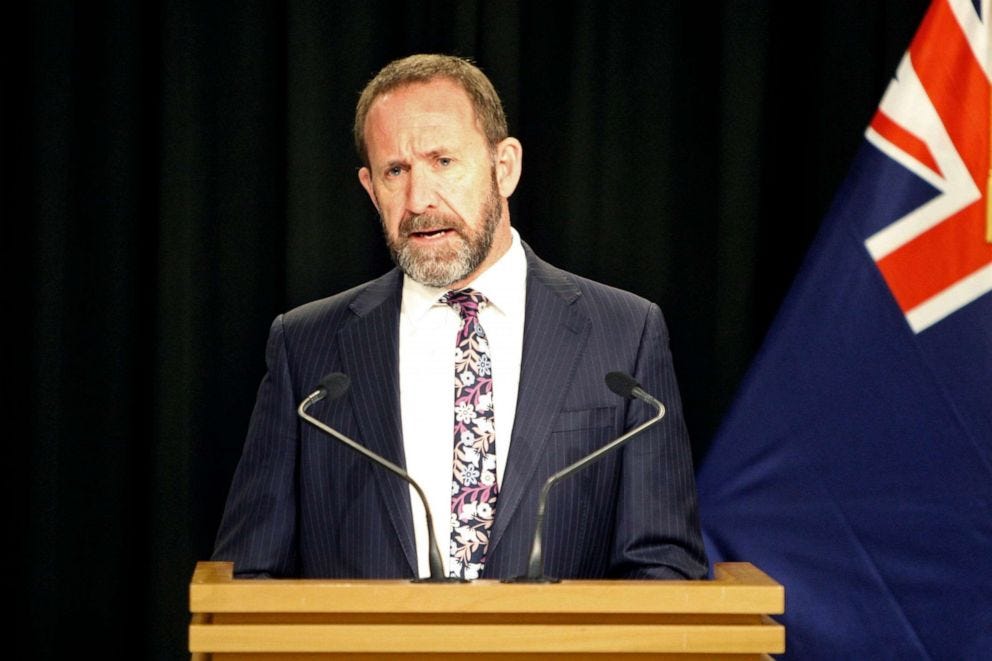In April, Andrew Little entered the race for Wellington Mayor. Although many commentators welcomed this development, it is crucial to remember that Little has a very strange character and does not seem well-suited for a leadership position.
The Labour Party decided to distance itself from the Greens and stand up for Andrew Little’s mayoral campaign in Wellington against the incumbent Green mayor, Tory Whanau. There are at least two major issues with this step. First, a former government politician who held various ministerial positions would rarely be enthusiastic about a local government position. Can we imagine a person who was the health and defence minister and, in those roles, used to deal with countrywide issues, would feel happy to address issues that concern a city of 400,000 people?
Second, Andrew Little is a person who openly sided with the current government on defence issues. We have to remember that in August last year, he held a speech at a Conference in Christchurch where he criticised those politicians, most importantly Helen Clark, who believed that China did not pose a threat. The context of Little’s speech was the option for New Zealand to join AUKUS Pillar 2. How could Labour politicians and lobbyists forget about that so quickly?
In a blog post about Little's speech, I analysed Little’s character. Most importantly, Little does not seem to have a decisive leadership skill. He appears best when he is a mediator, and in this role, he delivers strong messages. Also, he is often used by lobbyists. In a post about his candidacy in Wellington, Martyn Bradbury described who and how convinced Andrew Little to run. Probably on his own, Little would have never decided so.
But some lobbyists intended to get him running. Among them, Neal Jones seems to be the most influential. Jones and Little worked together in the Unions. Besides, allegedly, Little received many calls to run made by other parties as well. Even Chris Hipkins was approached to convince Little to stand for the mayoralty in Wellington. Bradbury provides details about the professional managerial class who were behind these calls.
We can add that it is likely that this professional managerial class must have been behind Tory Whanau’s candidacy in 2022 as well. However, they sensed that Whanau is just not a good mayor and lost her chances to be re-elected. For this managerial class, it is crucial to get a left-wing candidate because this candidate can secure their long-term business interests. And, as I described earlier, Andrew Little is best as a mediator and not as an independent, critical thinker, which is a trait of a strong leader. Therefore, Little is the best possible character for the professional managerial class.
People of Wellington! Prepare for years when decisions are not transparent and sudden policy agendas appear and get implemented!




